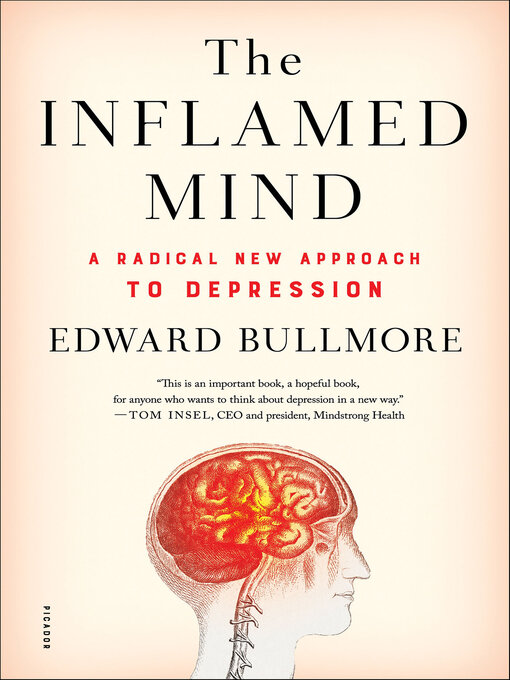"Rousing . . . a new approach to treating depression. . . . Impressive and valuable . . . aimed at the general public . . . highly readable . . . provocative." —Kirkus Reviews
As seen on "CBS This Morning" Worldwide, depression will be the single biggest cause of disability in the next twenty years. But treatment for it has not changed much in the last three decades. In the world of psychiatry, time has apparently stood still . . . until now.
In this game-changing book, University of Cambridge professor of psychiatry Edward Bullmore reveals the breakthrough new science on the link between depression and inflammation of the body and brain. He explains how and why we now know that mental disorders can have their root cause in the immune system, and outlines a future revolution in which treatments could be specifically targeted to break the vicious cycles of stress, inflammation, and depression.
The Inflamed Mind represents a whole new way of looking at how mind, brain, and body all work together in a sometimes misguided effort to help us survive in a hostile world. It offers insights into how we could start getting to grips with depression and other mental disorders much more effectively in the future.
"A tour de force." ―Robert Dantzer, Brain: A Journal of Neurology
"An important book, a hopeful book, for anyone who wants to think about depression in a new way." ―Tom Insel, MD, cofounder and president of Mindstrong Health
"Suddenly an expert who wants to stop and question everything we thought we knew . . . This is a lesson in the workings of the brain far too important to ign"re." ―Jeremy Vine, BBC



